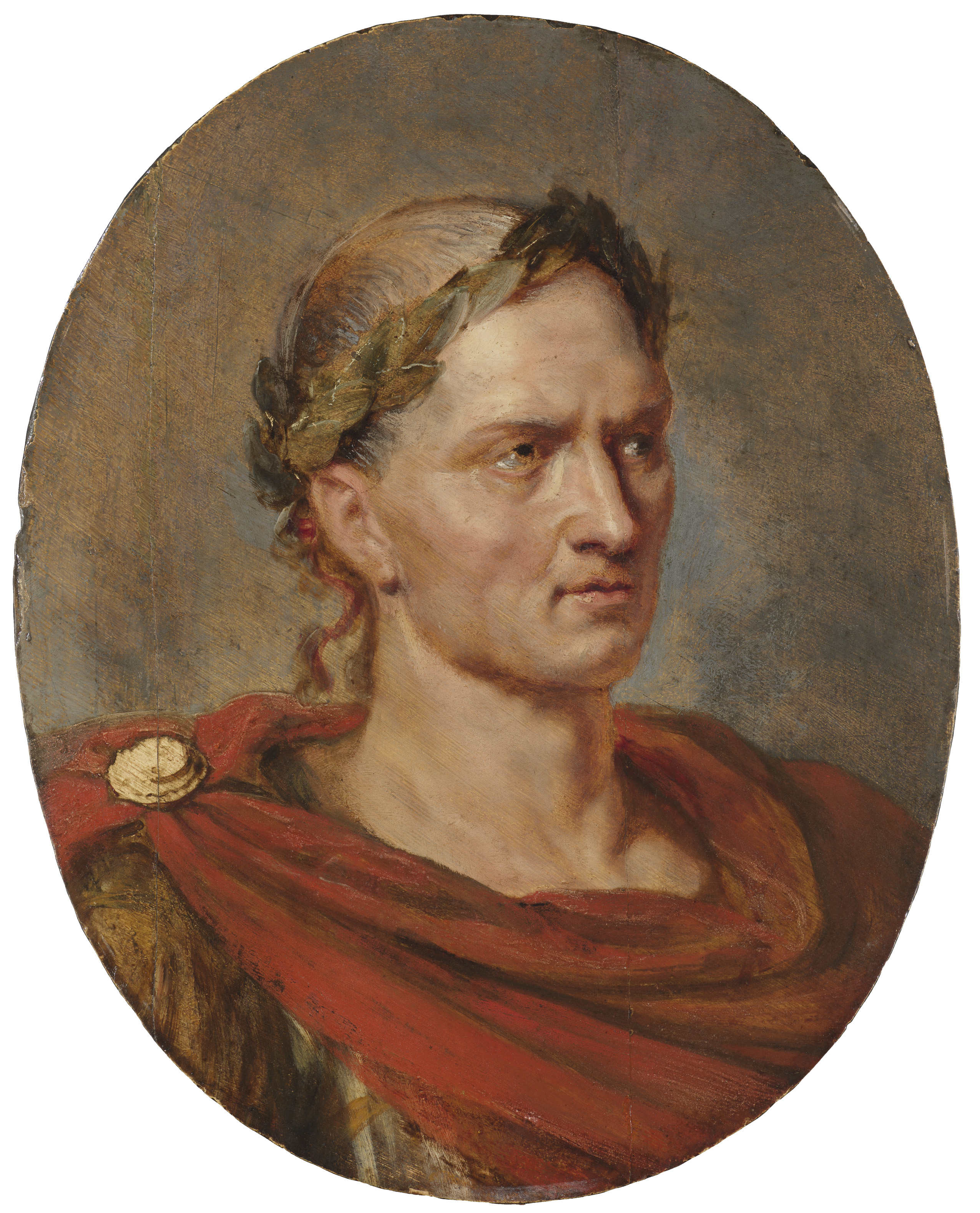

The union terrified the Roman Senate who knew that a partnership between three such powerful men would prove unstoppable.
#JULIUS CEASER SERIES#
A series of successful military and political maneuvers, along with the support of Pompey and Marcus Licinius Crassus (known as the richest man in Rome), helped Caesar get elected as senior Roman consul in 59 B.C.Ĭaesar, Crassus and Pompey soon formed an informal alliance (strengthened by the marriage of Caesar’s daughter Julia to Pompey) known as the First Triumvirate. One year later, Caesar became governor of Spain.

after a politician incited a major scandal by disguising himself as a woman and making his way into a sacred women’s festival hosted by Pompeia. Two years later, he was elected Pontifex Maximus.Ĭaesar divorced Pompeia in 62 B.C.
In 65 B.C., Caesar became aedile - an important Roman magistrate - and produced lavish games in the Circus Maximus which endeared him to the public but threw him heavily into debt. In 67 B.C., he married Pompeia, a granddaughter of Sulla and relative of Gnaeus Pompeius Magnus (Pompey the Great), with whom he formed an important alliance. He became military tribune and then quaestor of a Roman province in 69 B.C., the same year his wife Cornelia died. Political RiseĬaesar soon began his political career in earnest. But Caesar hired a private fleet to hunt them down and had the pirates crucified for their crimes. Reportedly, Caesar acted more like a domineering leader with the pirates than their captive.Īfter his ransom was paid, the pirates let him go. In 75 B.C., as he crossed the Aegean Sea in route to Rhodes to study philosophy and oratory, murderous pirates captured Caesar. After Sulla’s death in 78 B.C., Caesar returned to Rome and became a successful prosecutor widely known for his oratory skills. His family intervened and convinced Sulla to spare Caesar’s life however, Sulla stripped Caesar of his inheritance.ĭespite the reprieve, Caesar left Rome, joined the army and earned the prestigious Civic Crown for his courage at the Siege of Mytilene in 80 B.C. In 82 B.C., Sulla won the civil war and ordered Caesar to divorce Cornelia. Caesar and Cornelia had one child, a daughter named Julia. In 84 B.C., he married Cornelia, the daughter of an ally of Marius. Instead they were reported as "You, too, my child?"Īfter his father died suddenly in 85 B.C., Caesar became head of his family at age 16 - right in the middle of a civil war between his uncle Marius and the Roman ruler Lucius Cornelius Sulla. Despite his allegedly noble heritage, however, Caesar’s family was not wealthy or particularly influential in Roman politics.ĭid you know? Unlike in the Shakespeare play, Caesar's last words were not "Et tu, Brute?" ("And you, Brutus?"). He was also the nephew of the famous Roman general Gaius Marius.Ĭaesar traced his bloodline to the origins of Rome and claimed to be a descendant of the goddess Venus through the Trojan prince Aeneas and his son Iulus. Gaius Julius Caesar was born on or around July 13, 100 B.C., to his father, also named Gaius Julius Caesar, and his mother Aurelia Cotta. Despite his brilliant military prowess, his political skills and his popularity with Rome’s lower- and middle-class, his rule was cut short when opponents - threatened by his rising power - brutally assassinated him. Our best evidence comes from the ancient sources of Suetonius, Plutarch, Pliny, and Appianus.Julius Caesar was a renowned general, politician and scholar in ancient Rome who conquered the vast region of Gaul and helped initiate the end of the Roman Republic when he became dictator of the Roman Empire. The etiology of these seizures in this Julio-Claudian family was most likely through inheritance, with the possibility of sudden unexpected death in epilepsy (SUDEP) in his great grandfather and also his father. His great-great-great grandnephews Caligula and Britannicus also had seizures. His son, Caesarion, by Queen Cleopatra, likely had seizures as a child, but the evidence is only suggestive. Also, it is possible that he had absence attacks as a child and as a teenager. The "Dictator Perpetuus" of the Roman Empire, the great Julius Caesar, was not the one for whom the well-known cesarean operation was named instead, this term is derived from a Latin word meaning "to cut." Caesar likely had epilepsy on the basis of four attacks that were probably complex partial seizures: (1) while listening to an oration by Cicero, (2) in the Senate while being offered the Emperor's Crown, and in military campaigns, (3) near Thapsus (North Africa) and (4) Corduba (Spain).


 0 kommentar(er)
0 kommentar(er)
